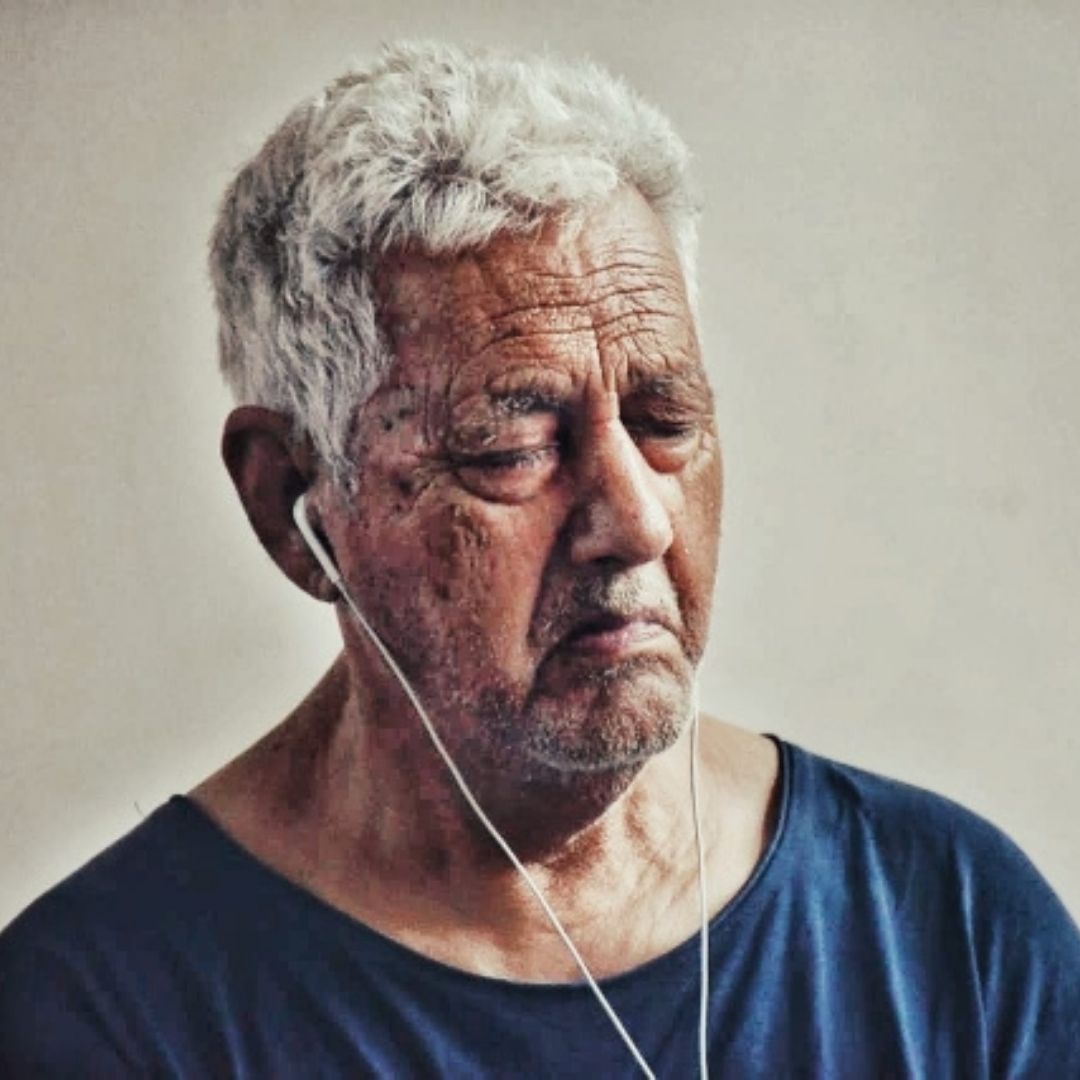
Image Credits: Ratika Rana
The Mental Health Epidemic: About 56 Million Indians Suffer From Depression
India, 22 Sep 2021 5:22 AM GMT
Editor : Madhusree Goswami |
A mountain girl trying to make it big in the city. She loves to travel and explore and hence keen on doing on-ground stories. Giving the crux of the matter through her editing skills is her way to pay back the journalism its due credit.
Creatives : Ratika Rana
Her primary objective is to inform, promote, educate and cultivate readers through writing.
India has one of the highest prevalences of mental illnesses globally. National Mental Health Survey 2016 found that close to 14% of India’s population required active mental health interventions.
Mental health issues are largely taboo in India. In 2017, mental disorders were the second leading cause in terms of years lived with disability worldwide. Never before has the world put mental health on a pedestal as high as it has now. Fortunately, the problem has pushed several national and international organisations to consider including mental health policies as a priority and make it a part of the Sustainable Development Goals (SDGs).
56 Million Indians Suffered From Depression
According to the World Health Organisation (WHO), India's mental health workforce is severely understaffed. There is a massive shortage of psychiatrists and psychologists compared to the number of patients suffering from mental health issues. According to the international organisation's data, there are only three psychiatrists and psychologists for every 1,00,000 people. It has predicted that owing to the pandemic and its influential factors, the number of patients who have any mental disorders would touch 20 per cent in the country. Roughly 56 million Indians suffer from depression, and 38 million suffer from some anxiety disorder.
India has one of the highest prevalences of mental illnesses globally. The National Mental Health Survey 2016 found that close to 14 per cent of India's population required active mental health interventions. Every year, about 2,00,000 Indians take their lives. The statistics are even higher if one starts to include the number of attempts to suicide.
While addressing the World Congress for Mental Health, President Ramnath Kovind flagged mental health issues as a grave concern. The rapid modernisation, urbanisation and economic boom has led to India becoming the fifth-largest economy globally. However, statistics also show that a large chunk of the Indian population suffers from mental health issues. One in every seven Indians suffered from some depressive or anxiety disorder. The numbers have likely doubled between the early 2000 and the end of the last decade.
Heavier Burden of Mental Health on Southern and Eastern States
A study published by The Lancet examined the state-wise burden of mental health. Nearly 45 million people suffered from mental health disorders, and most Indian states that housed a large part of the population showed a low progress performance in the index. States like Maharashtra and several northeastern states bear a heavier burden of mental health issues amongst their citizens than the country's central and northern states. Kerala, Karnataka, Telangana, Tamil Nadu, Himachal Pradesh, Maharashtra, Andhra Pradesh, Manipur, and West Bengal have the highest prevalence of anxiety disorders, the study reported.
An analysis based on gender revealed that more women suffered from mental health issues than men. Around 3.8 per cent of men and 3 per cent of women faced anxiety disorders due to bullying and victimisation. Unfortunately, 5 per cent of men and about 8.3 per cent of women were vulnerable due to childhood sexual abuse. According to Statista, on average, 14 per cent of Indians suffer from variations of mental health disorders in the country. Studies have predicted that as much as 10.8 per cent of children in states like Uttar Pradesh, Madhya Pradesh, Bihar and Assam suffer from reduced brain development.
People have become increasingly conscious of their physical well-being. However, mental health maintenance remains ignored to a great extent. The younger population suffers from developmental disorders, and the older population falls prey to depression and anxiety. The WHO estimated that India's economic loss because of the prevalence of mental health is $1.03 trillion between 2012-2030. Ironically, maintaining good overall well-being is still a luxury in a country like India!
 All section
All section














